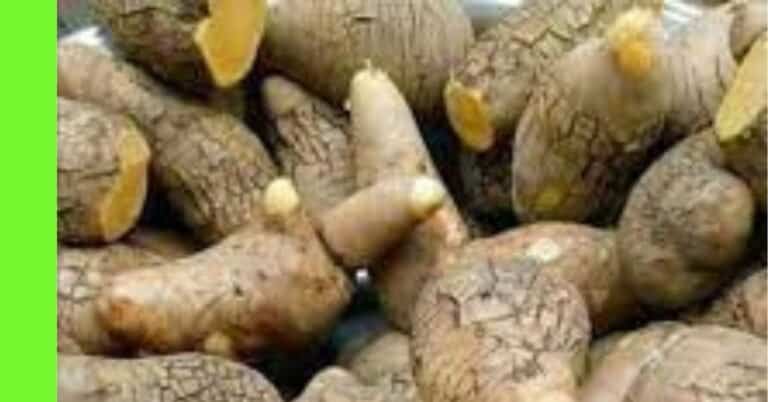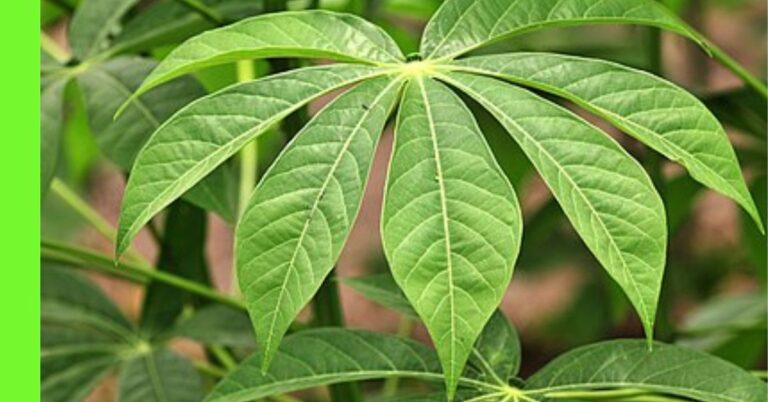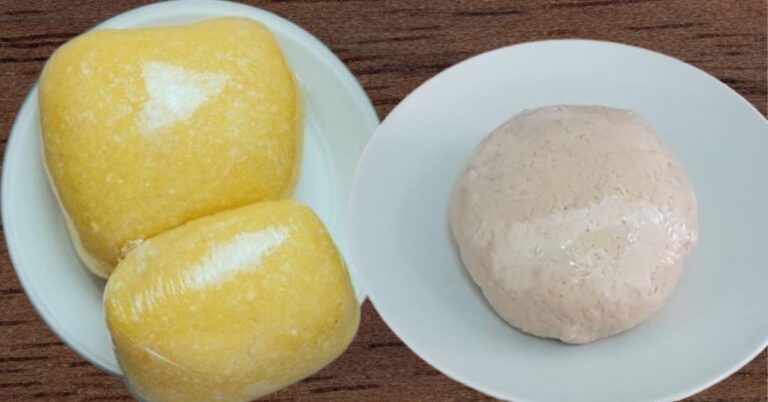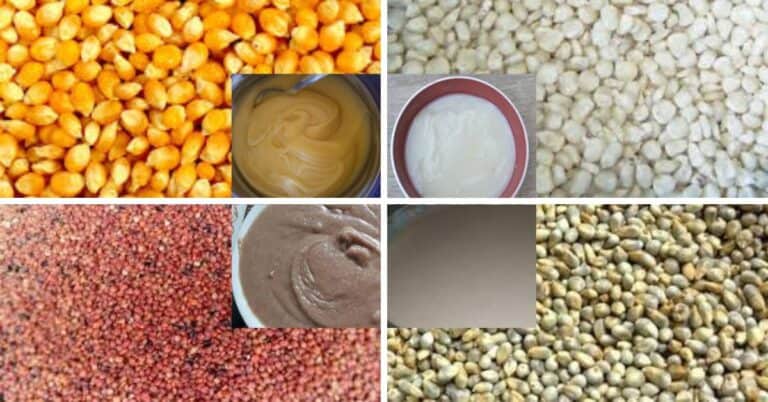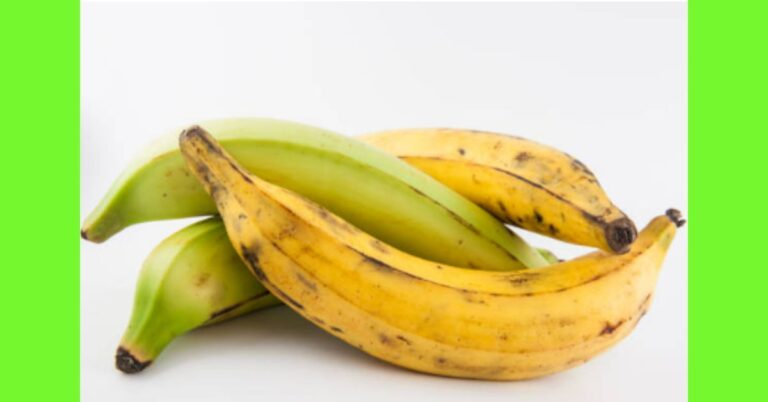Corn (Maize): Simple Facts, Uses, and Benefits You Want To Know
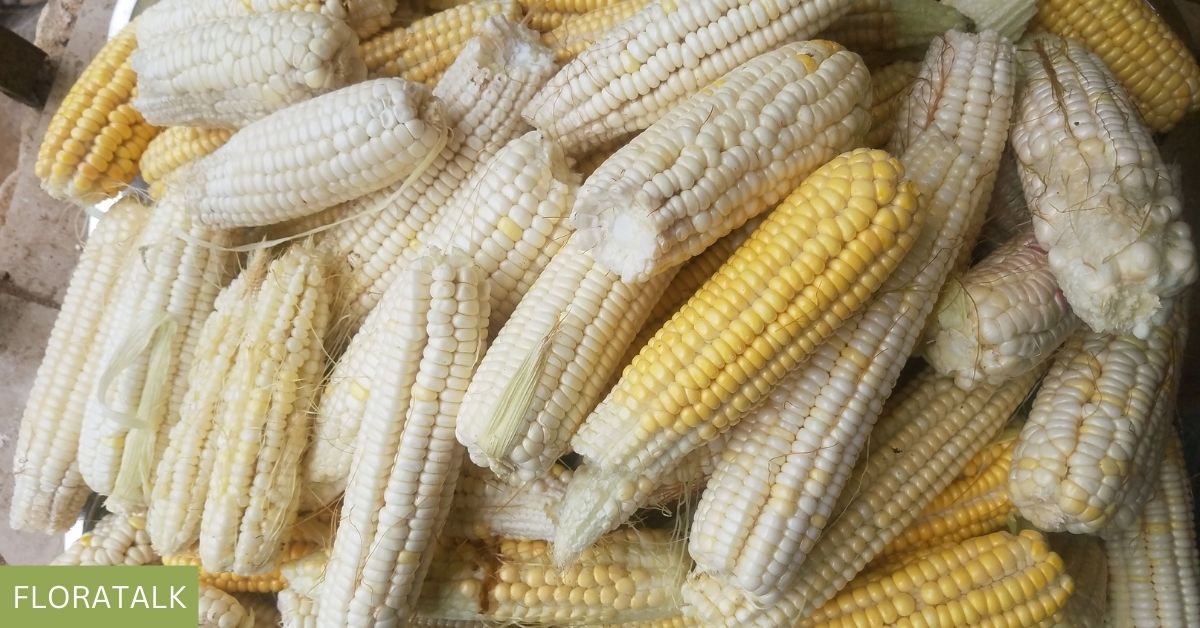
Corn known as maize with botanical name Zea Mays,
In Nigeria different ethnic groups have a name for the crop, it is called Oka by the igbo’s, Agbado by the Yoruba,s and Masara by the Hausas.
It is a widely cultivated crop throughout the whole world.
Corn (Maize) with origin from Mexico was introduced into the African continent in the 16th century and by the 19th century had spread throughout the continent.
In Nigeria Maize was mostly grown in the forest zones (mangrove swamp and tropical rain forest) but large scale production moved to the northern guinea savanna (found in parts of Kaduna, Kwara, Benue and Kogi state.), Kaduna state is the largest producer of Corn in Nigeria.
The cereal crop is still grown in all regions of the country by large, small scale farmers and households.
Nigeria produced 11500 metric tons of Maize in 2020, production grew from 931 metric tons in 1971 to 11500 metric tons in 2020 increasing at an average annual rate of 7.57%. (Knoema)
Nigeria is the 12th largest producer of Corn in the world and second in Africa after South Africa. (Knoema)
Corn (Maize) is a stable food in Nigeria, and consumed by people from different ethnic groups in various ways.
It has become an important crop and has significantly replaced other grains like sorghum and millet.
Corn is the world’s highest supplier of calories giving about 19.5% followed by rice 16.5% and wheat 15.0%.
Corn plant is grown from its seed, it is an annual crop.
See Also: Planting Corn: Easy Steps On How To Plant Corn.
Nutritional Facts of Corn
Yellow Corn Raw 100g
Proximate Nutritional Composition
| Water | 10.4g |
| Energy | 365kcal |
| Protein | 9.42g |
| Fat | 4.74g |
| Ash | 1.2g |
| Carbohydrate | 74.3g |
| Fiber | 7.3g |
| Sugar | 0.64g |
Vitamins
| Thiamin | 0.385mg |
| Riboflavin | 0.201mg |
| Pantothenic acid | 0.424mg |
| Vitamin B6 | 0.622 |
| Vitamin B12 | 0 |
| Niacin | 3.63mg |
| Folate | 19ug |
| Ascorbic acid | 0 mg |
| Vitamin A | 11ug |
Mineral
| Calcium | 7mg |
| Phosphorus | 210mg |
| Iron | 2.71mg |
| Potassium | 287mg |
| Magnesium | 127mg |
| Copper | 0.314mg |
| Zinc | 2.21mg |
| Sodium | 35mg |
| Manganese | 0.485mg |
| Selenium | 15.5mg |
Uses of Corn (Maize)
Food
Home meals
In Nigeria this grain serves in the making of several homemade dishes and snacks,
this varies from one cultural group to another and some consumed by everyone.
Corn is consumed whole or when removed from the cob, it’s taken boiled, roasted/grilled, or baked
The fresh grain can be added to salads, taken as snacks with African pear (Ube) or coconut,
cooked with beans to make beans and corn porridge, the fresh grain is blended to make other meals like moi moi oka, corn meal (nri oka).
Dry grains are processed to make various foods like pap (akamu), tuwo, agidi/eko, agidi jollof and snacks such as kokoro, donkwa to mention a few.
Popcorn, a type of corn, is not excluded in making a great snack too.
See Also: Pap for Food: What You Need To Know
Industrial food uses
· Maize is processed and used in various ways for food or an ingredient in food products
· Some of the processed foods include
· Cereals both for babies and adults,
· Corn flour,
· Corn starch is an ingredient in so many food products and can be used as a binding agent in soups,
· Corn oil,
· As a sweetener, be it corn syrup or high fructose corn syrup, these are used as alternatives to sugar in many food products like candy, cookies etc.
· It’s used in products like beverages, beer, salad dressing, and peanut butter.
The list is enormous.
Pharmaceutical uses
· The cereal products are ingredients for drugs and other pharmaceutical products like injections, pills tablets, and surgical dressings.
· Serves as a binding agent in some medications,
· And used in the making of penicillin and antibiotics.
Cosmetic uses
Corn products are ingredients in making
· Cream,
· Powder,
· Soap,
· Shampoo.
Other Industrial
It serves as a binder in crayons and chalk,
· Paper products like cardboard, wallpapers,
· Textiles,
· Adhesives,
· Paints and Dyes,
· Plastic
· Matches,
· Toothpaste and detergents.
· Used in the making of biofuel (ethanol) in countries like the United States.
Animal
The crop is an ingredient in making food for
· Livestock (Cow, Sheep, And Goat),
· Poultry (Chicken, Turkey),
· Swine (Pig),
· And Fish (Catfish).
Grains are major ingredient in animal food and corn (maize) is favoured compared to other grains,
this is because of its fiber and high starch content which gives a high level of energy at a lower cost.
Types of Maize (Corn)
The types of maize in Nigeria are the
· Yellow corn,
· White corn,
· Popcorn
· And sweet corn (although sweetcorn is not so popular but gradually becoming known in the country)
Various varieties of the corn (maize) type mentioned above exist especially for yellow and white corn
Popular Companies in Nigeria Producing Improved Seeds Are
· AgriSeedco Nigeria Ltd Kaduna – Hybrid (e.g. SC645, SC510)
· Premier Seed Nigeria. Ltd Zaria – Hybrid Maize (e.g. Oba Super 1 white, Oba Super 2 yellow), Open Pollinated Maize (e.g. Sammaz 14, Sammaz 15).
· International Institute of Tropical Agriculture (IITA) Ibadan – Hybrid, Breeder, Foundation Maize they come in both yellow and white colour.
Health Benefits
From the nutritional table above we see the nutritional composition present in the grain. Each of the elements benefits our health one way or the other, let’s look at some of the benefits.
Makes for a healthy digestive system
Because of its high fiber content which helps in pushing waste out of the body system that way it prevents constipation and hemorrhoids.
Reduces the chances of cancer
The presence of phenolic, ferulic acid, beta-cryptoxanthin (good for the lungs) rich fiber content and ability to lower cholesterol (which promote colon health) makes the grain good for reducing the chances of cancer in the body.
Aids red blood cell production
Iron, folic acid, vitamin B6 are essential minerals for the production of red blood cells and maize is rich in these minerals.
Good for the eyes
Antioxidants, carotenoids, lutein and zeaxanthin present in the cereal in good amounts have considerably good benefits on the eyes.
Good for pregnancy
Its benefits on the digestive system, such as preventing constipation and hemorrhoids, is advantageous to the expecting mother.
The presence of folic acid, zeaxanthin, pathogenic vitamins like thiamine, and pantothenic acid present in the grain reduces the chances of birth defects during pregnancy.
Reduces diabetics
It is high in fiber and helps in reducing cholesterol level aiding the reduction of blood sugar level in diabetics. It also contains polyphenols, this prevents type two diabetics.




